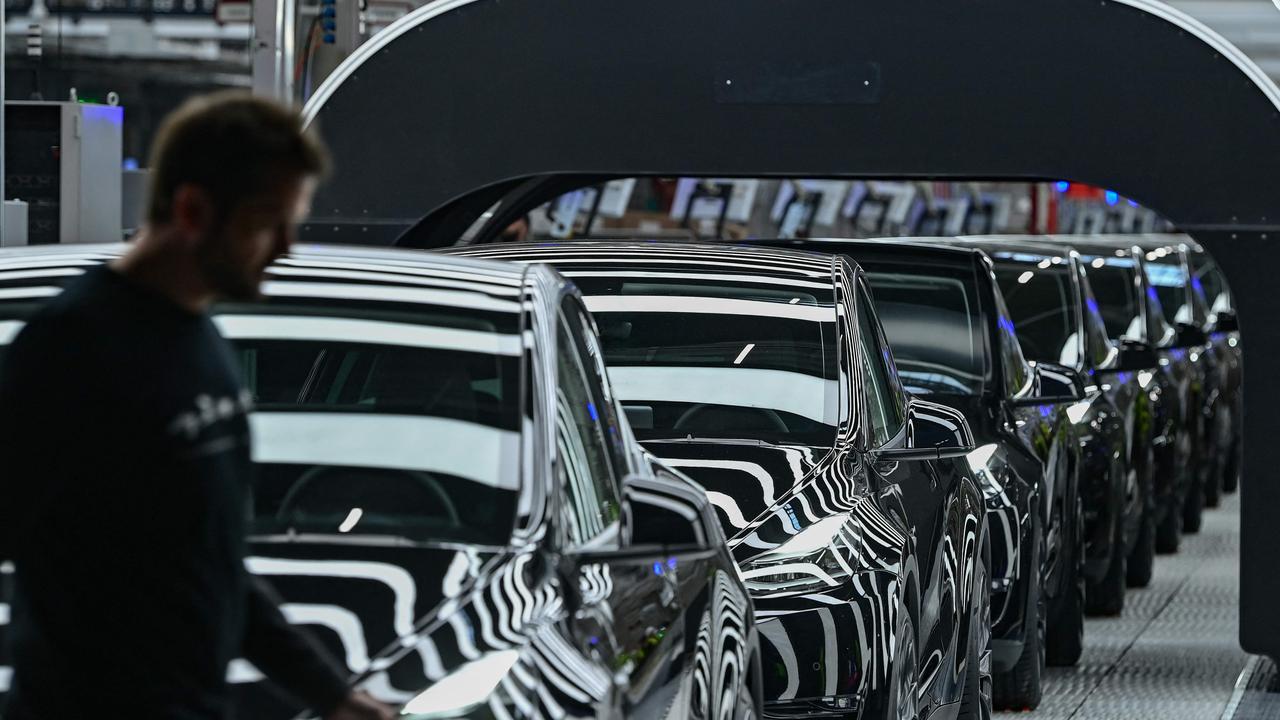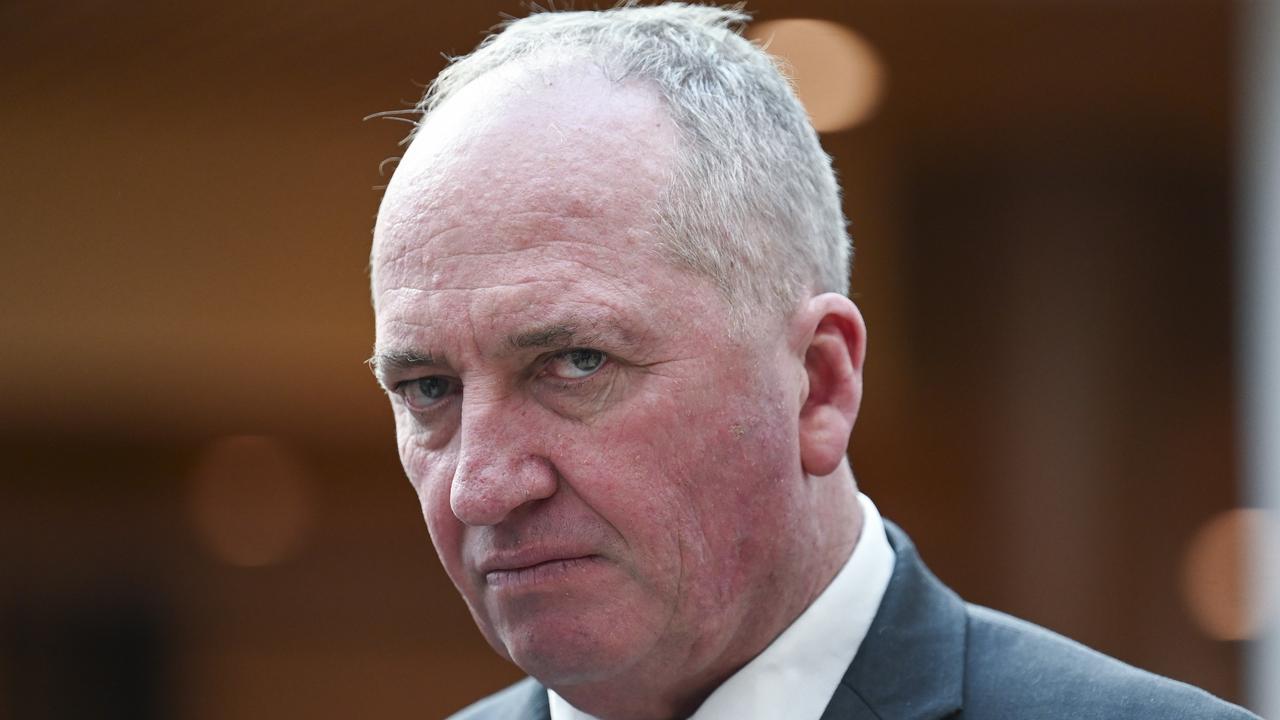AI is now driving a market for deep fake celebrities, million-dollar competitions and music
JLo, Matthew McConaughey, The Pope and The White House are all talking about artificial intelligence. Some are even raking in millions by using it. Can you tell which one is real?
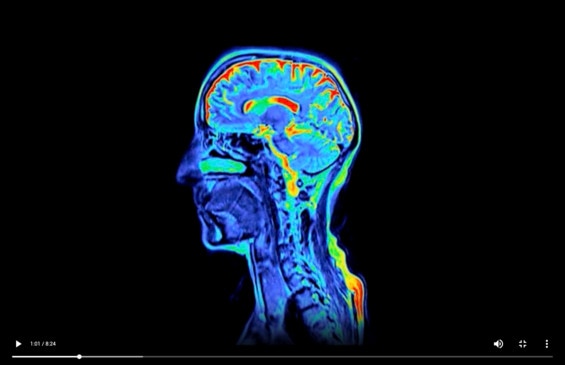
From deep fake celebrity endorsements to conversations with contracts, artificial intelligence is evolving at a rapid pace.
Here are some of the latest AI trends and updates from around the world.
VIDEOS FROM JLO
Richard Branson’s cruise ship company Virgin Voyages has created an AI avatar in the likeness of megastar Jennifer Lopez to produce personalised videos inviting people to cruise with them.
Her image and voice have been replicated – with her permission – to spruik the features of the ships and tailor the invitation for the names of invited guests.
“With Jen AI, she can customise an invite for you and your crew – and when you give her a little insight about what and how you want to celebrate, she’ll generate and send a highly-personalised video inviting your crew on the celebratory voyage of your collective dreams,” according to the Virgin Voyages website.


DOES MATTHEW MCCONAUGHEY WORK FOR SALESFORCE?
This has become a top search question on Google since Salesforce launched its AI-generated advertising campaign featuring a deep fake of Mr McConaughey.
The software company reportedly spent $10 million to secure the actor’s likeness in the series of ads, which range from depicting Mr McConaughey as the Sheriff of the AI Wild West through to a clip where he asks a cybernetic squirrel “who’s going to become self-aware first? AI or us?”.
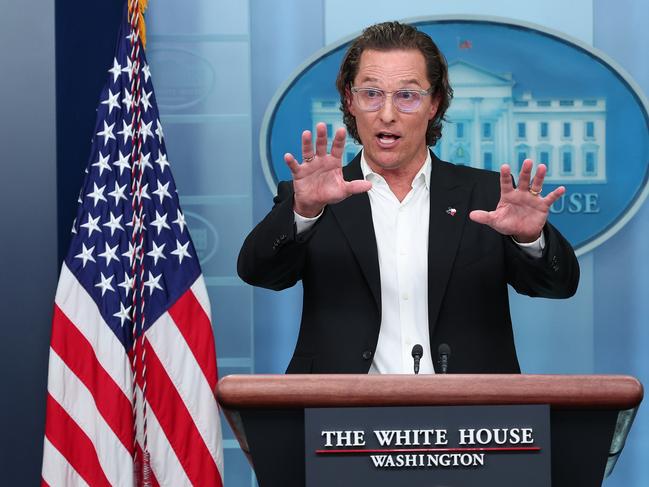
Q&A CONTRACTS
Electronic agreements company DocuSign is working on a Q&A Service that allows people to ask questions of contracts and agreements, pull out important information and understand exactly what they are signing, without having to read through pages of legalese.
DocuSign Global President of product Inhi Suh said this technology could apply to any documents from bills to lease and loan agreements.
Consumers or professionals working with contracts could ask questions such as: What are my liabilities? Which jurisdiction of law applies? How are damages captured in the language of the contract?
“What you’re hearing in the world today is really a focus on generally generative AI and ChatGPT,” she said.
“The piece that makes DocuSign very unique is our ability go deeper into the language of agreements.
“It’s one thing to summarise what might be on the social web, it’s completely different to understand the intent of content in more business language and business documentation and that’s where we’re training our model’s understanding.”
The Q&A Service is currently in closed testing in the company’s AI Labs but is expected to be widely available in a few months.
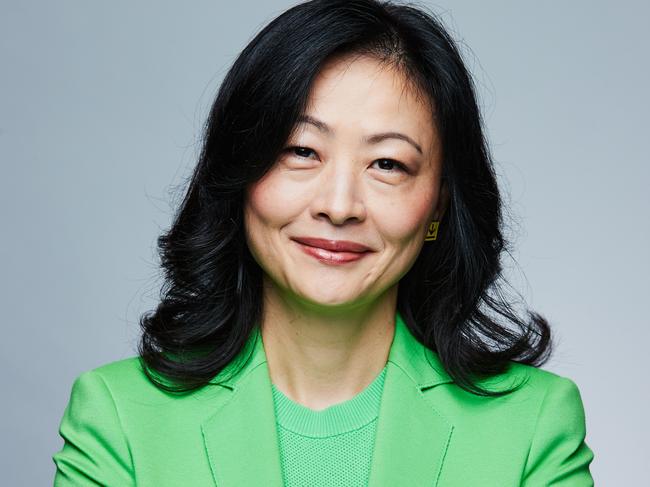
THE POPE WEIGHS IN
The Vatican announced this month that “artificial intelligence and peace” will be the theme of the Pope’s message on the next World Day of Peace, on January 1.
“The remarkable advances made in the field of artificial intelligence are having a rapidly increasing impact on human activity, personal and social life, politics and the economy,” according to a statement from the Holy See Press Office.
“Pope Francis calls for an open dialogue on the meaning of these new technologies, endowed with disruptive possibilities and ambivalent effects. He recalls the need to be vigilant and to work so that a logic of violence and discrimination does not take root in the production and use of such devices, at the expense of the most fragile and excluded: injustice and inequalities fuel conflicts and antagonisms.”
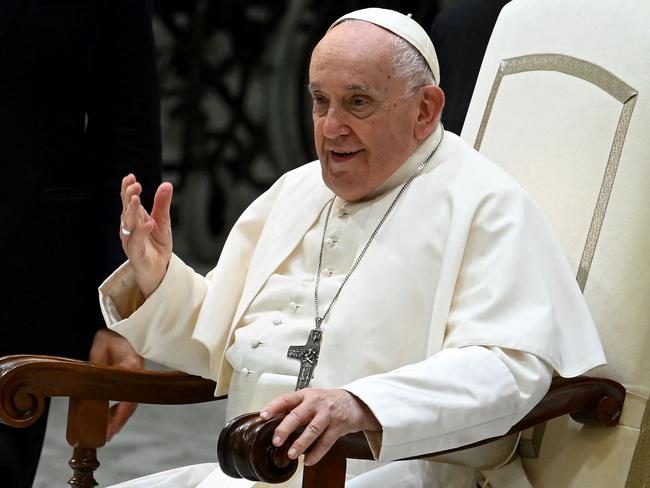
WHITE HOUSE AND GOOGLE CROWD SOURCE KNOW-HOW
The White House has launched an AI Cyber Challenge, asking competitors across the US to identify and fix government software vulnerabilities using AI.
The team that best secures vital software will win US$4 million, followed by $3 million for second place and $1.5 million for third.
In a statement, the White House said the competition would drive the creation of new technologies and address one of cybersecurity’s most pressing challenges.
Similarly, Google turned to the general public to help solve the problem of machine unlearning – an emerging field that aims to remove inaccurate, outdated or personal data from AI training models without having to retrain the AI again from scratch.
As more content is produced by AI and models grow larger, adjusting data has become a significant problem.
“Fully erasing the influence of the data requested to be deleted is challenging since, aside from simply deleting it from databases where it’s stored, it also requires erasing the influence of that data on other artefacts such as trained machine learning models,” a Google statement read.
“A straightforward way to produce this unlearned model is to retrain the model on an adjusted training set … however, this is not always a viable option, as retraining deep models can be computationally expensive.”
The worldwide competition wrapped up last month, with findings expected soon.
AI MUSIC DEALS
Google and Universal Music are negotiating a deal to allow musicians and fans to use the voices of artists for AI-generated songs.
Voice cloning technology is already available, but the Financial Times reported the companies were looking for a way for people to do this legitimately for a fee.
An anonymous TikTok user caused a stir earlier in the year when they created viral hit Heart on My Sleeve using the voices of Drake and The Weeknd.
Similarly, French DJ David Guetta used AI to add Eminem’s vocals to his live performance.
Mr Guetta shared vision of the song online but was quick to clarify he would not release it commercially.
US alt-rock band Poe The Passenger, meanwhile, “programmed a bot to listen to 1000 hours of Imagine Dragons and Linkin Park then make a song like it”, resulting in their TikTok-viral release Hologram.
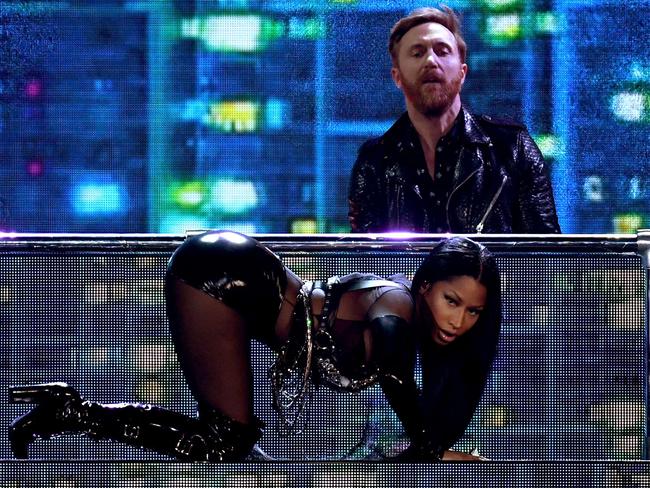
CHINA’S AI REGULATION STARTS NOW
China’s “Interim Measures for the Management of Generative Artificial Intelligence Services” came into effect last week, stipulating that generative AI services comply with laws and regulations and respect social mores, ethics, and morality.
They must also obey five specific provisions including anti-discriminatory training processes, intellectual property rights and upholding core socialist values.
More Coverage
Originally published as AI is now driving a market for deep fake celebrities, million-dollar competitions and music



